

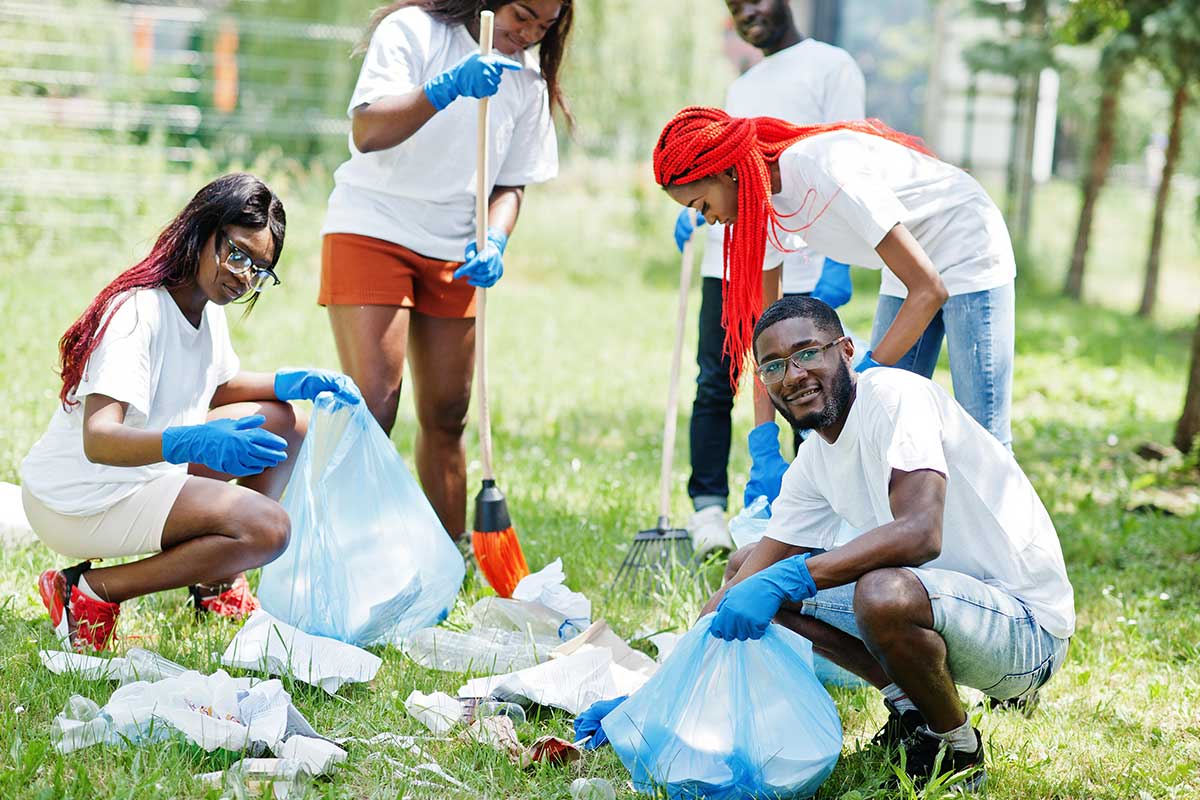
From fishing villages on Lake Nokoué to the alleys of Porto-Novo, childhood is shaped by craft, courage, and community. We amplify the local work that keeps girls in school, protects kids from harm, and opens the door to opportunity.

Many children in Benin are pushed into labor at a young age, especially in farming, domestic work, and informal trade. Economic need and cultural norms often force them out of school and into work to help support their families.
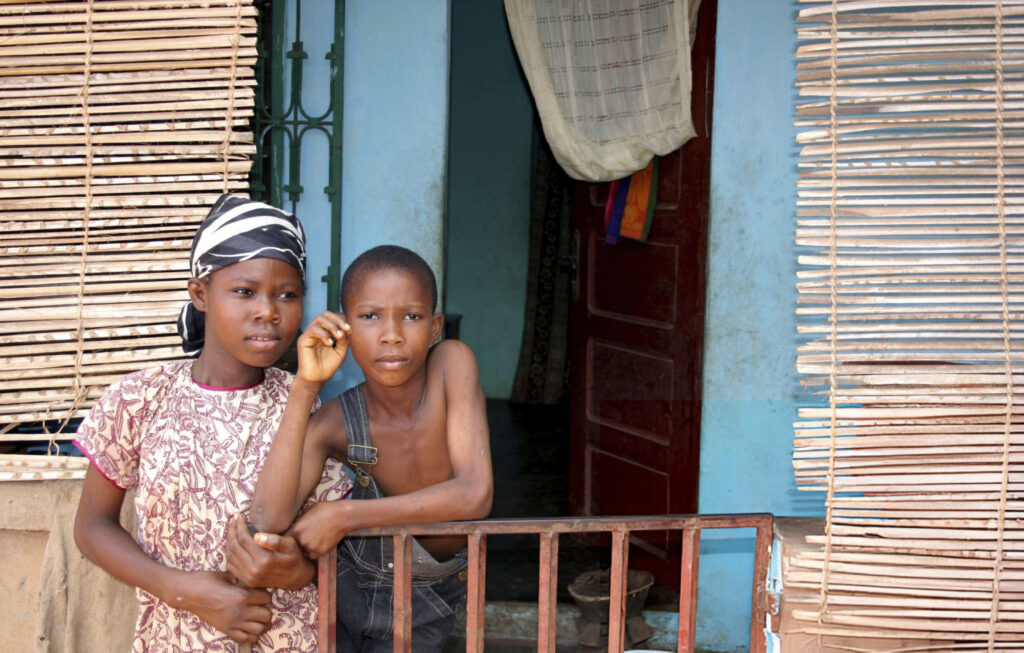
Girls in Benin are significantly less likely than boys to complete secondary education. Early marriage, household responsibilities, and gender bias all contribute to higher dropout rates among girls, particularly in rural areas.
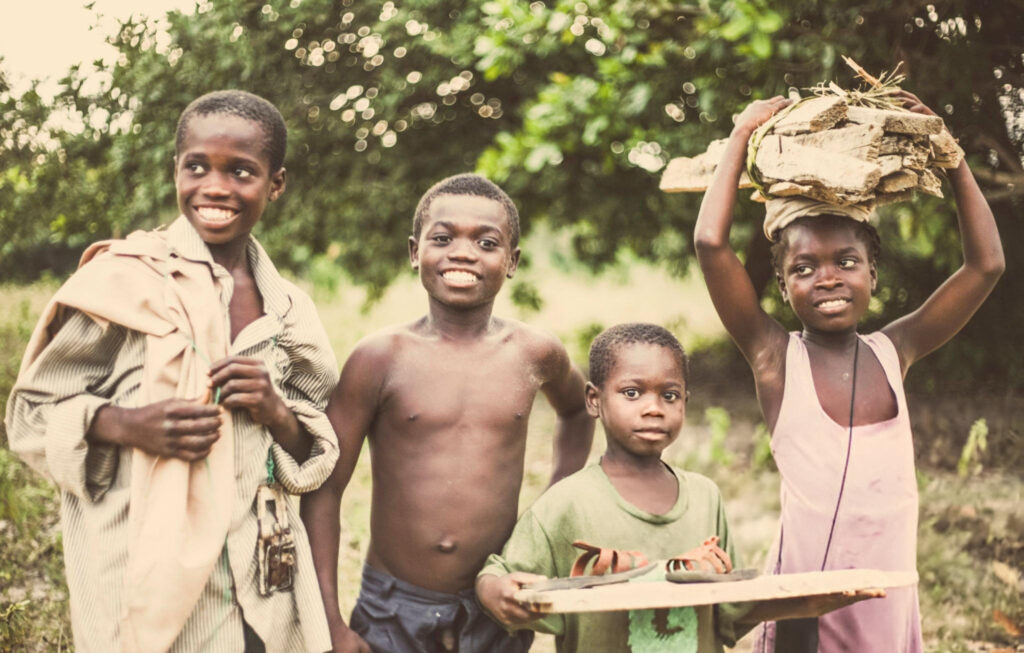
While primary school is technically free, many children live far from the nearest school or attend classrooms with no desks, books, or trained teachers. The gap between urban and rural education access continues to widen.
Scholarships here are more than paperwork — they are lifelines that turn a student’s grit into a graduation. Fondation Vallet pairs bright minds with books, tutors, and the calm of knowing school fees won’t end the story. Libraries become second homes; study groups become new families; and excellence stops being the exception in low-income neighborhoods. When the money barrier drops, talent rises fast. Kids who once juggled work and class now focus on learning, and their success echoes into younger siblings and friends. This is how a bridge is built: one student across, then another, until both sides feel like the same city.

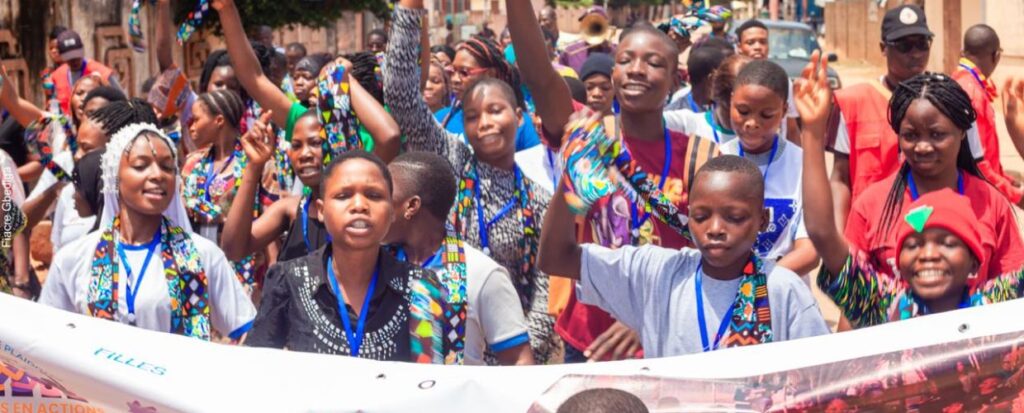
On roads where children are too often invisible, Terre des Hommes stands watch. They train border agents and market leaders to spot trafficking, support families before desperation forces dangerous choices, and help survivors reclaim safety and schooling. Protection isn’t just rescue; it’s prevention — birth certificates, hotlines that work, and caseworkers who stay. A child learns that “no” is a full sentence, and a community learns to say it together. Slowly, the routes that once led to harm turn into pathways back to class, back to play, back to being a kid.
Streets filled with uniforms and handmade signs as students, teachers, and parents marched for a simple truth: when girls learn, everyone rises. Headteachers announced scholarship pledges; moms and dads took turns speaking about the cost of dropout — in dreams, in incomes, in futures. Workshops on menstrual health and safety were practical, frank, and run by women who’d walked the same road. The day ended with a pledge wall covered in names and fingerprints. It wasn’t just a celebration; it was a contract with the country’s daughters to keep classrooms open and expectations high.
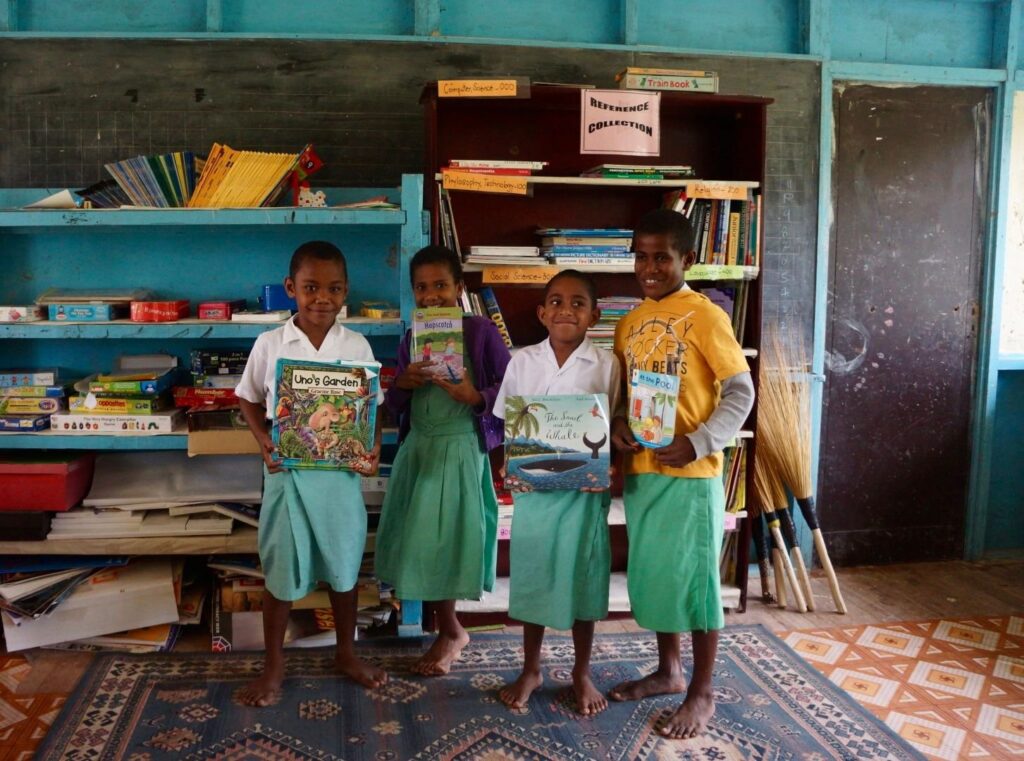
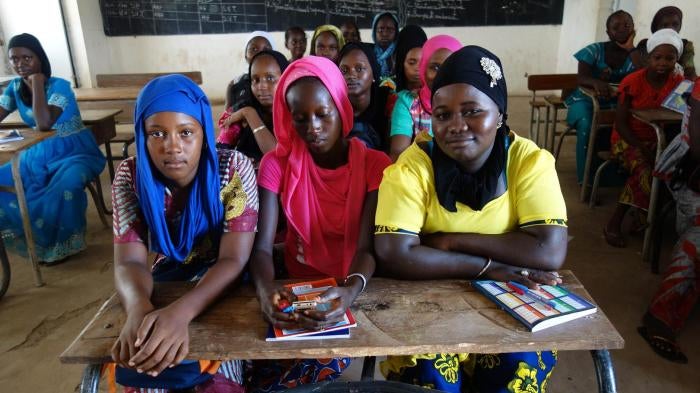
Narrow tracks led to pop-up clinics where nurses measured tiny wrists and taught families the signs that can’t be ignored. Generators hummed, coolers clicked open, and vaccines reached villages that maps barely mark. Parents asked questions they’d held for years and left with answers, follow-up dates, and the confidence to trust their instincts. The work is logistical and loving — a choreography of cool boxes, clipboards, and patience. By week’s end, the mountains felt closer to the capital, not in distance, but in dignity.
Provides education, food, shelter, and health support to vulnerable children and families in rural Benin.
Promotes children’s rights and protection through educational support and social reintegration programs.
Works on environmental conservation, ecotourism, and sustainable livelihoods through local training programs.
Runs programs in health, education, youth development, and food security for marginalized populations.